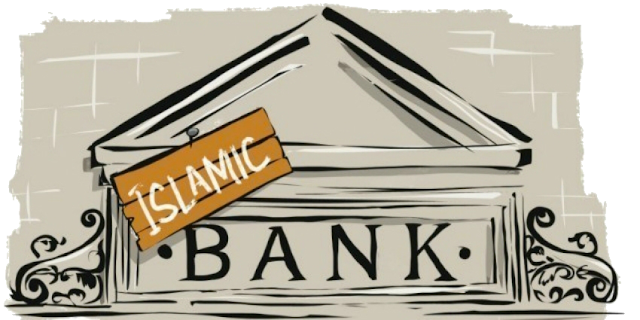Health of Aboriginal Women in Canada
INTRODUCTION The circumstances in which people are born, grow, live, work and age are responsible for most of the health inequities that have persisted and widened within and between countries. These circumstances are commonly referred to as determinants of health. While a number of agencies and organizations have identified different determinants as contributing to ill health and inequities, they typically include: early child development, education, income, employment and the nature of employment, social and physical environments, personal health practices and coping skills, access to health services, racism, and gender. Aboriginal women’s health The wellbeing and prosperity of Aboriginal women is influenced by a complex scope of way of life and environmental factors. All Holistic methodologies, including most profound sense of being, associations with family, group and nation, and the sharing of Indigenous women' learning, aptitudes and links plays an essential part in a

